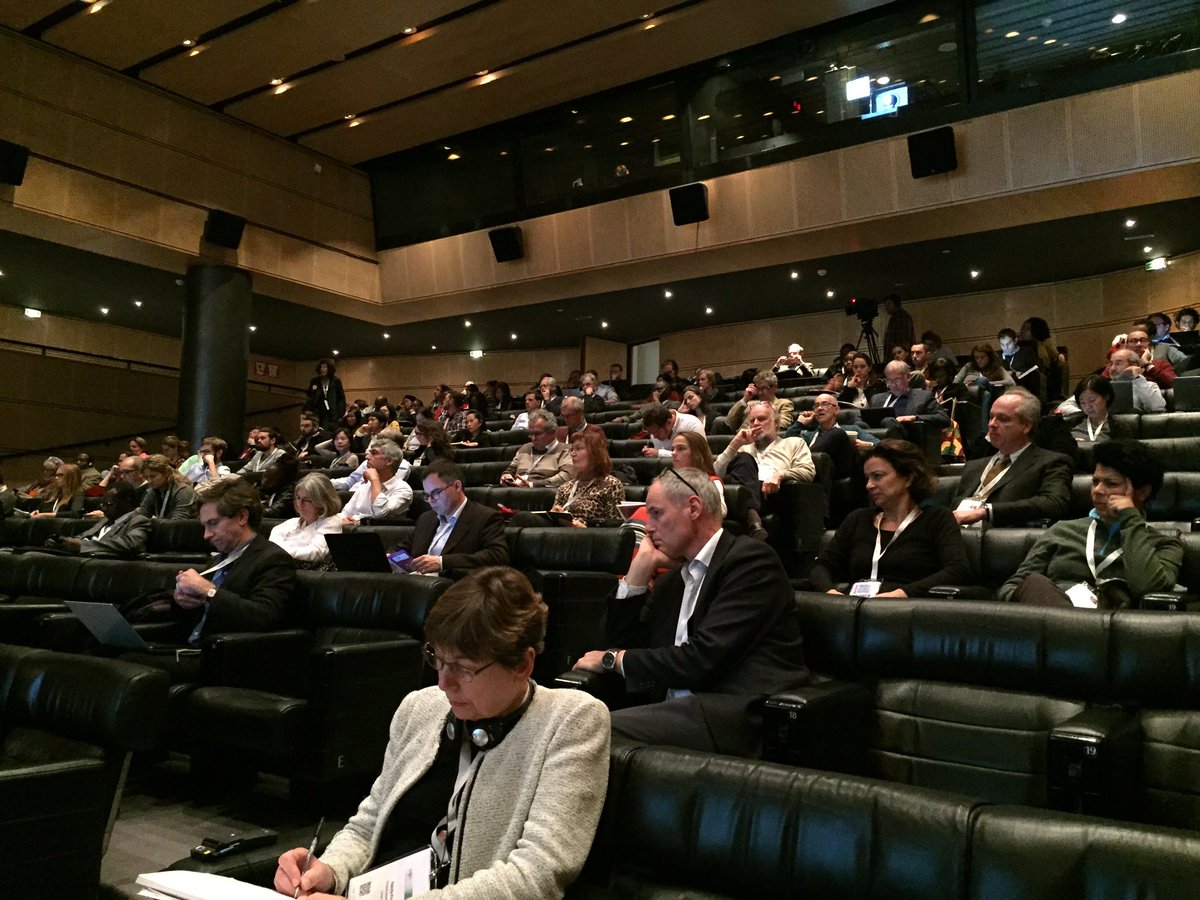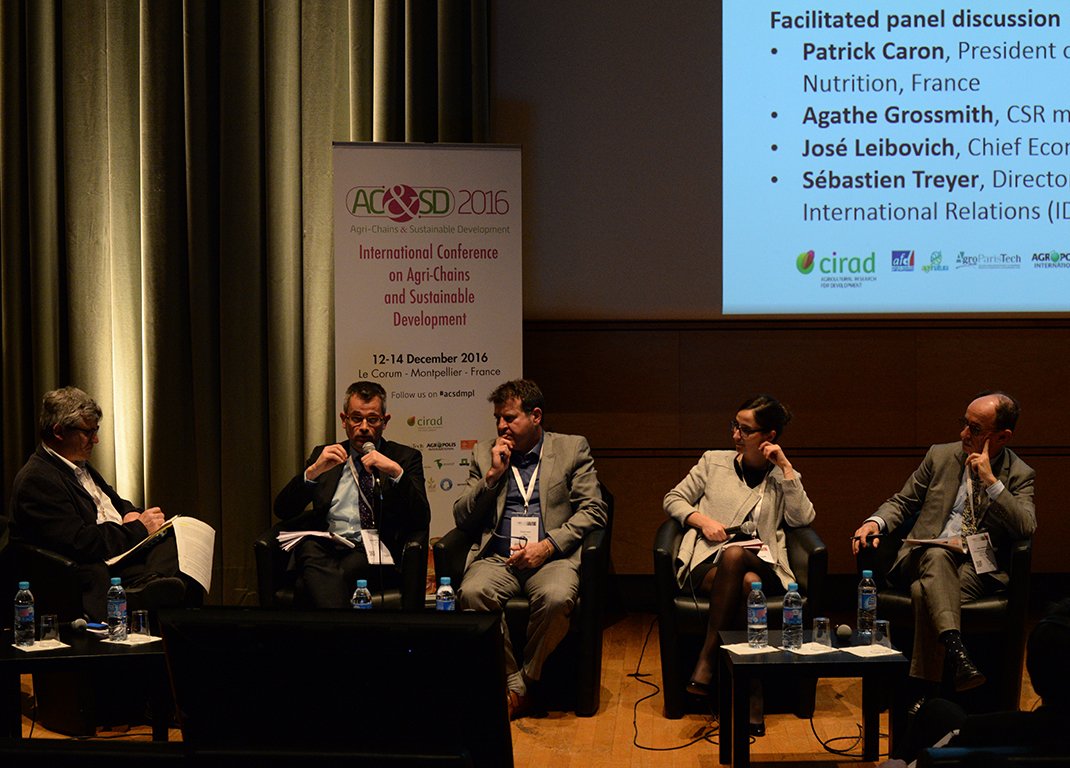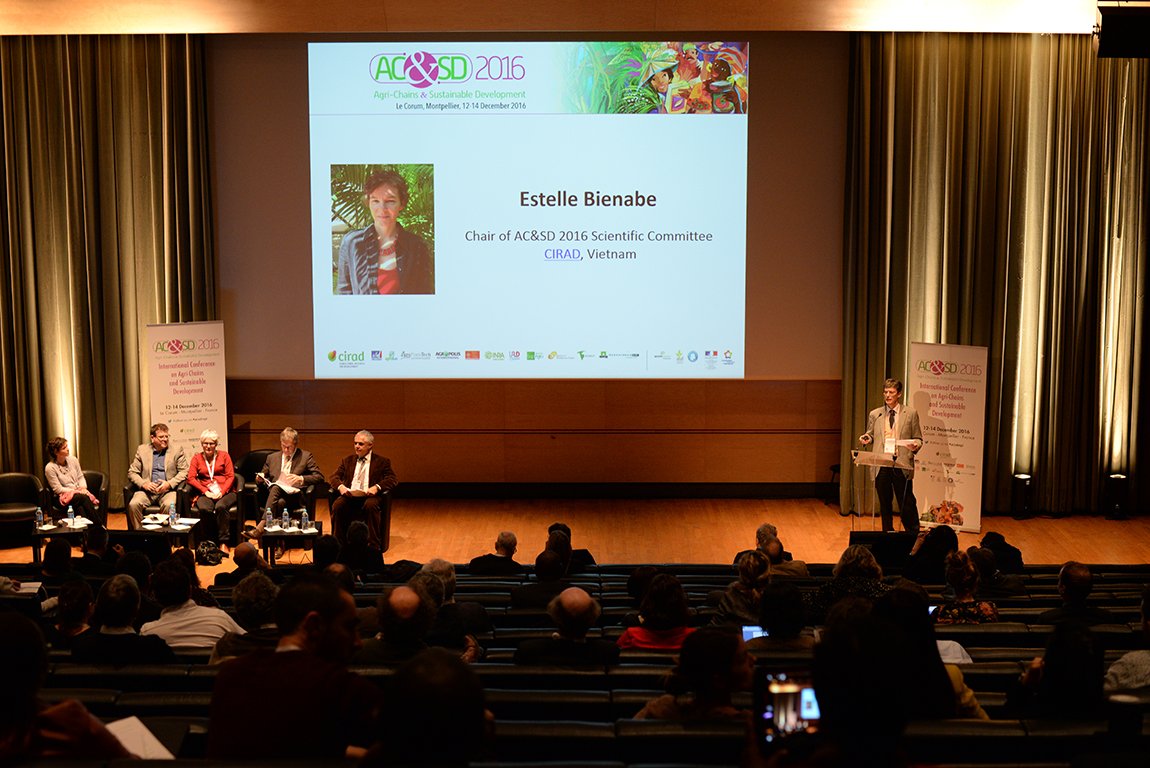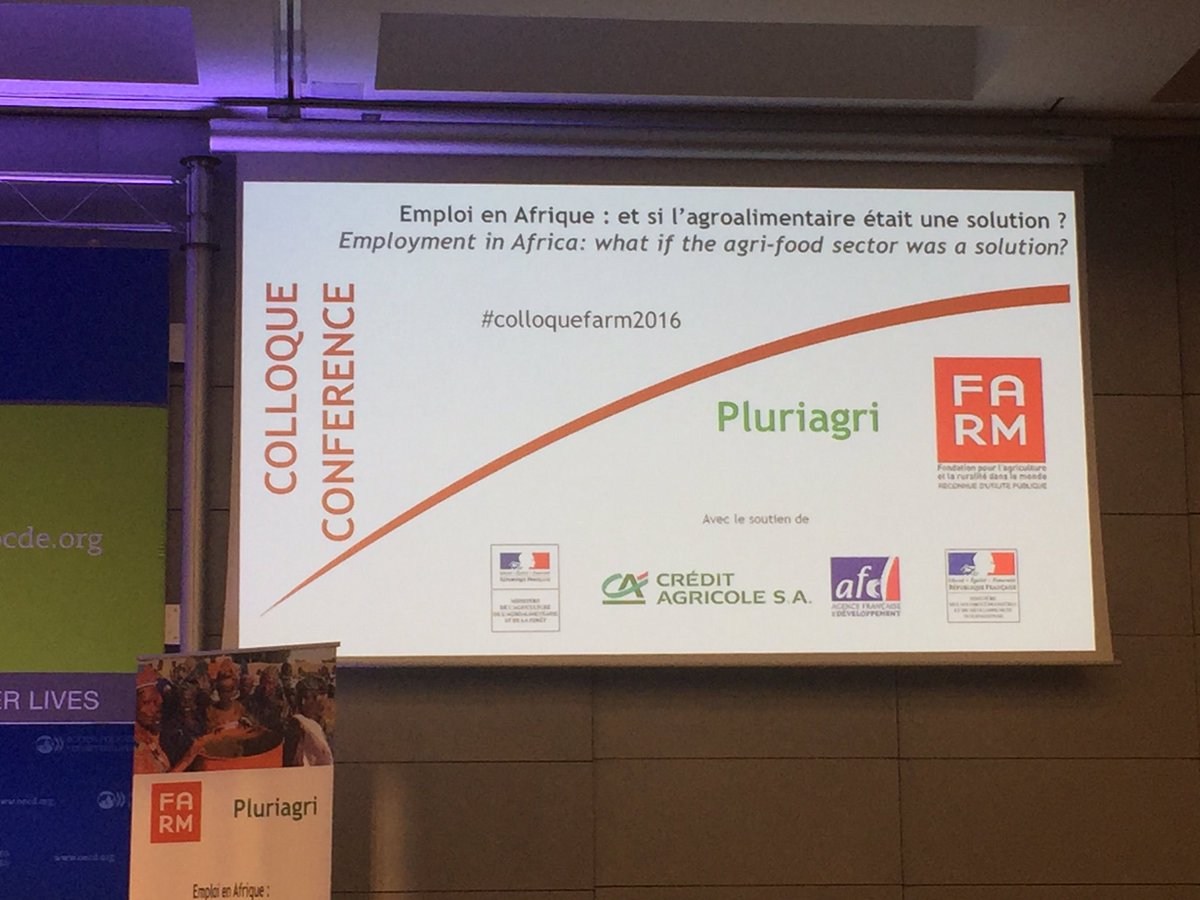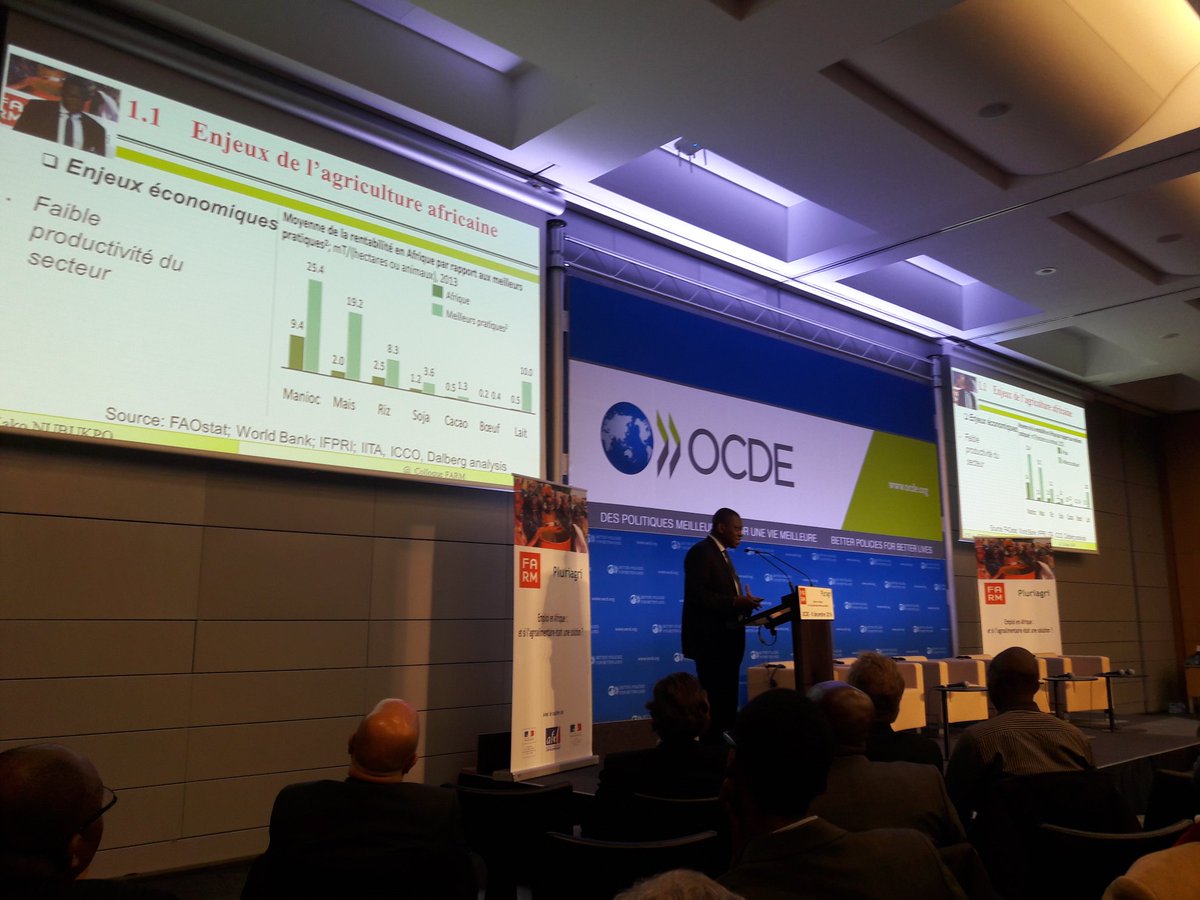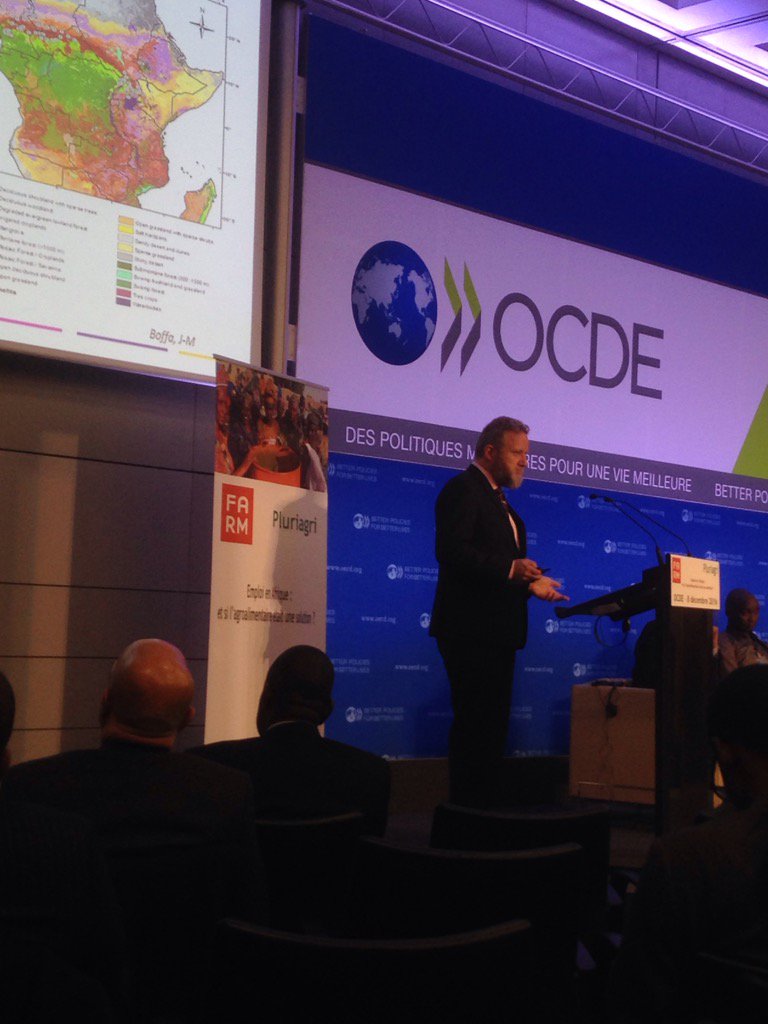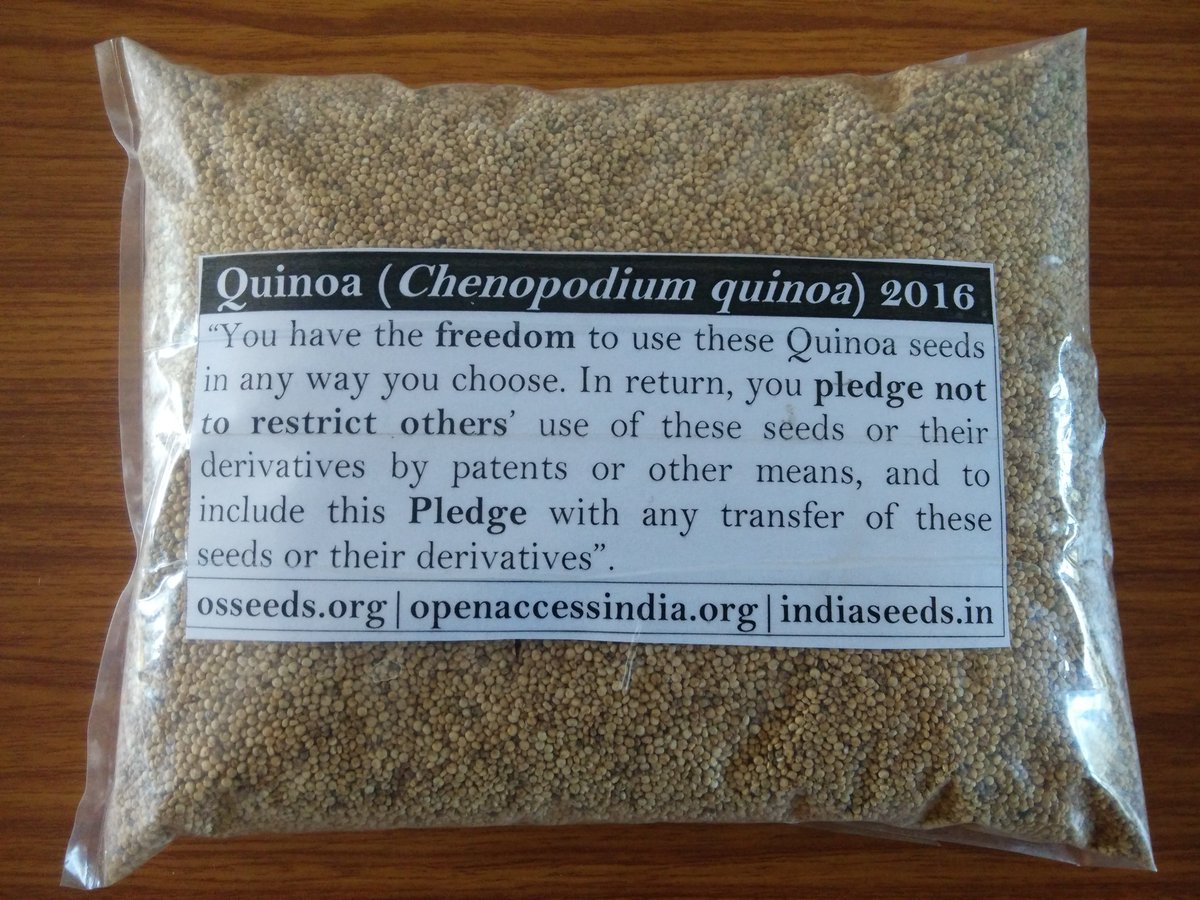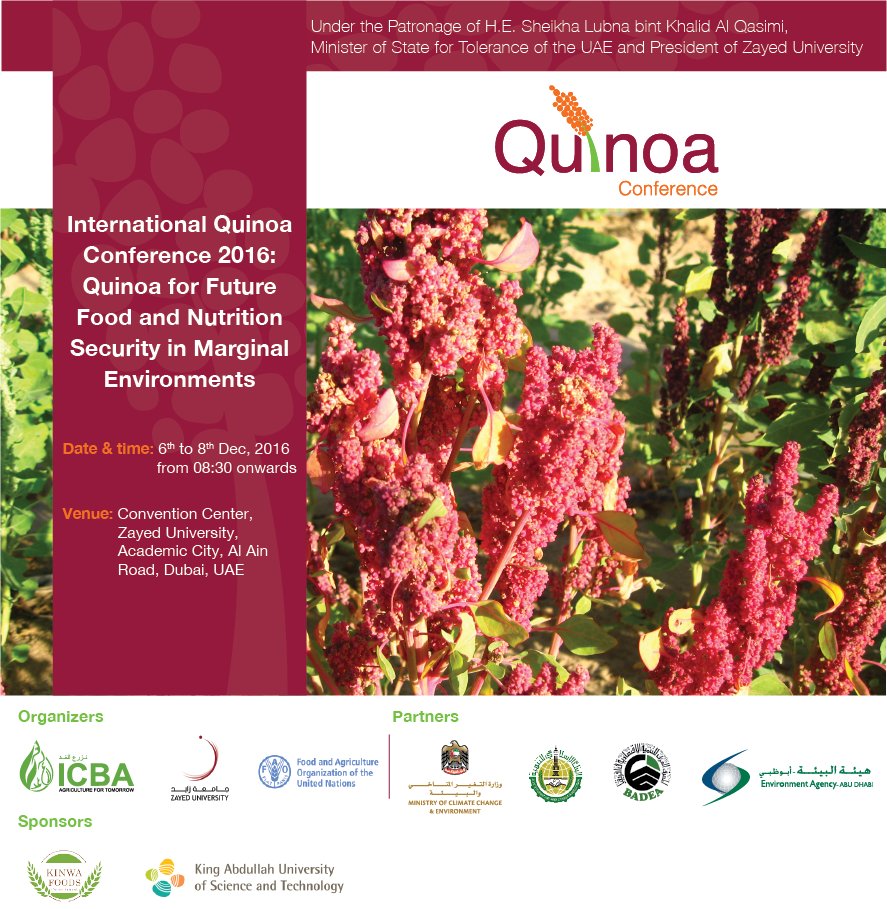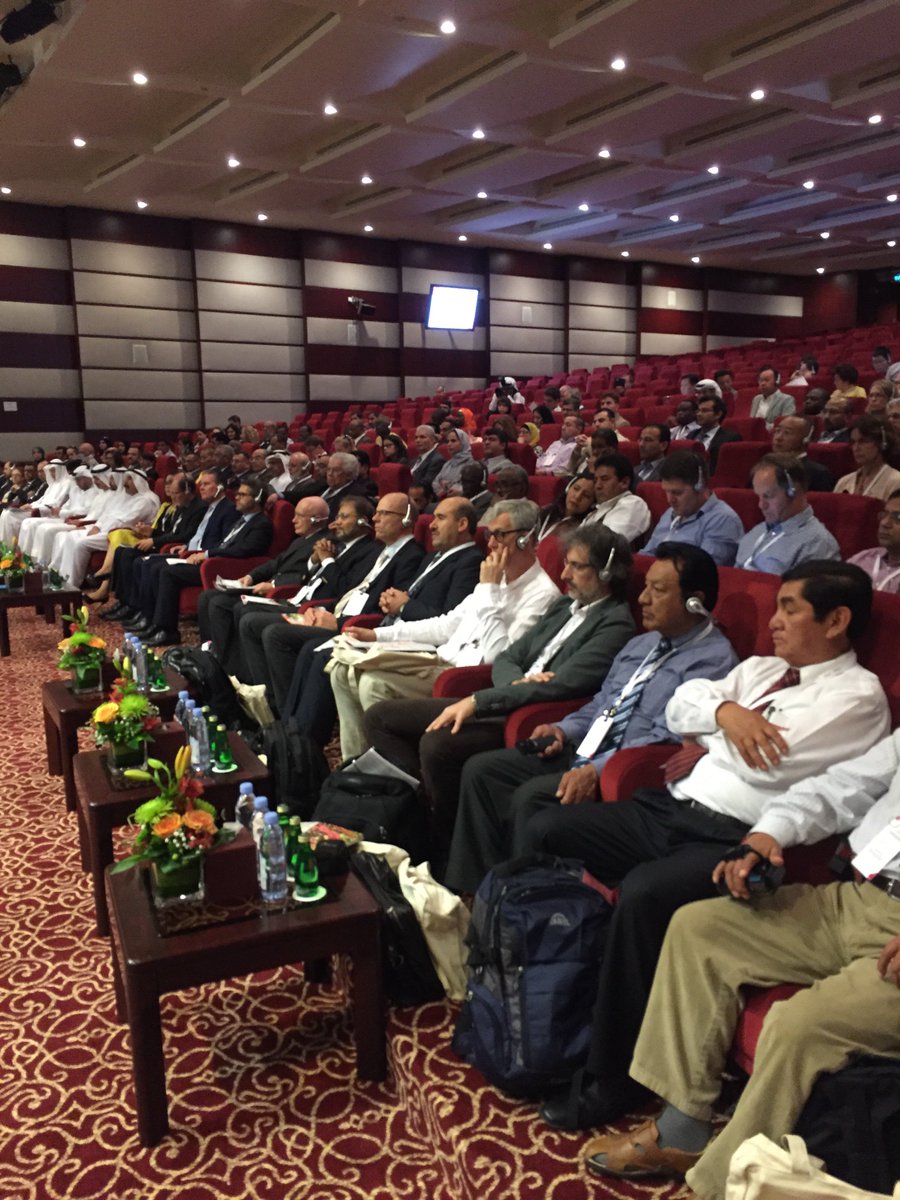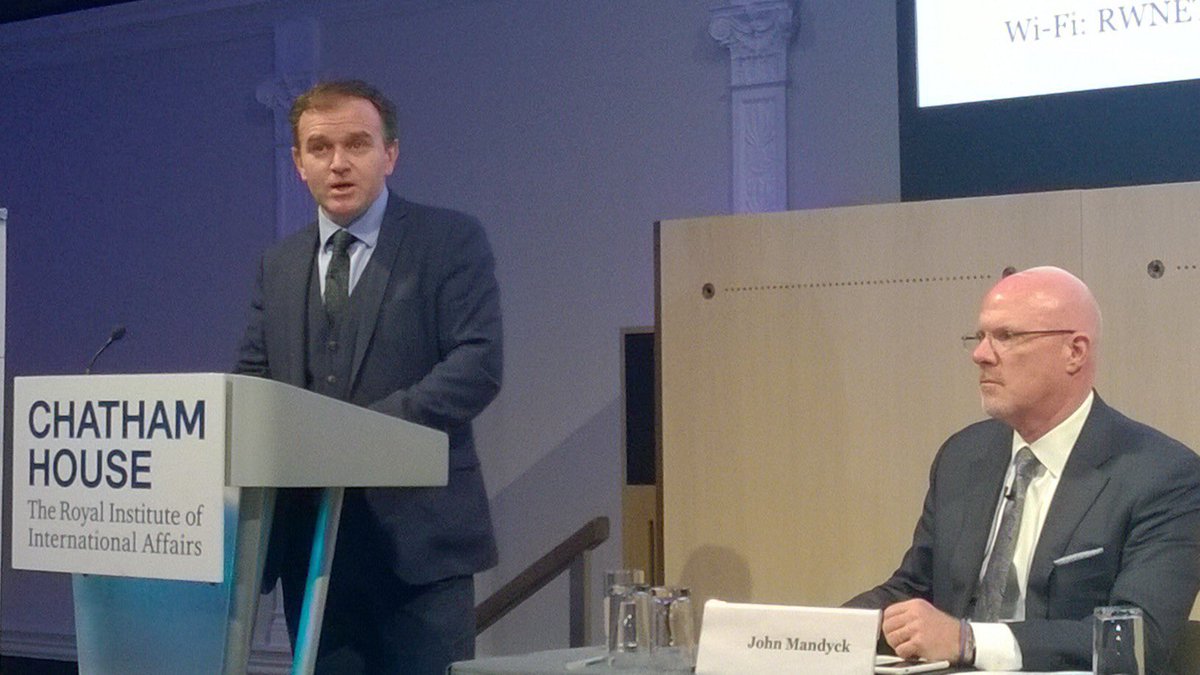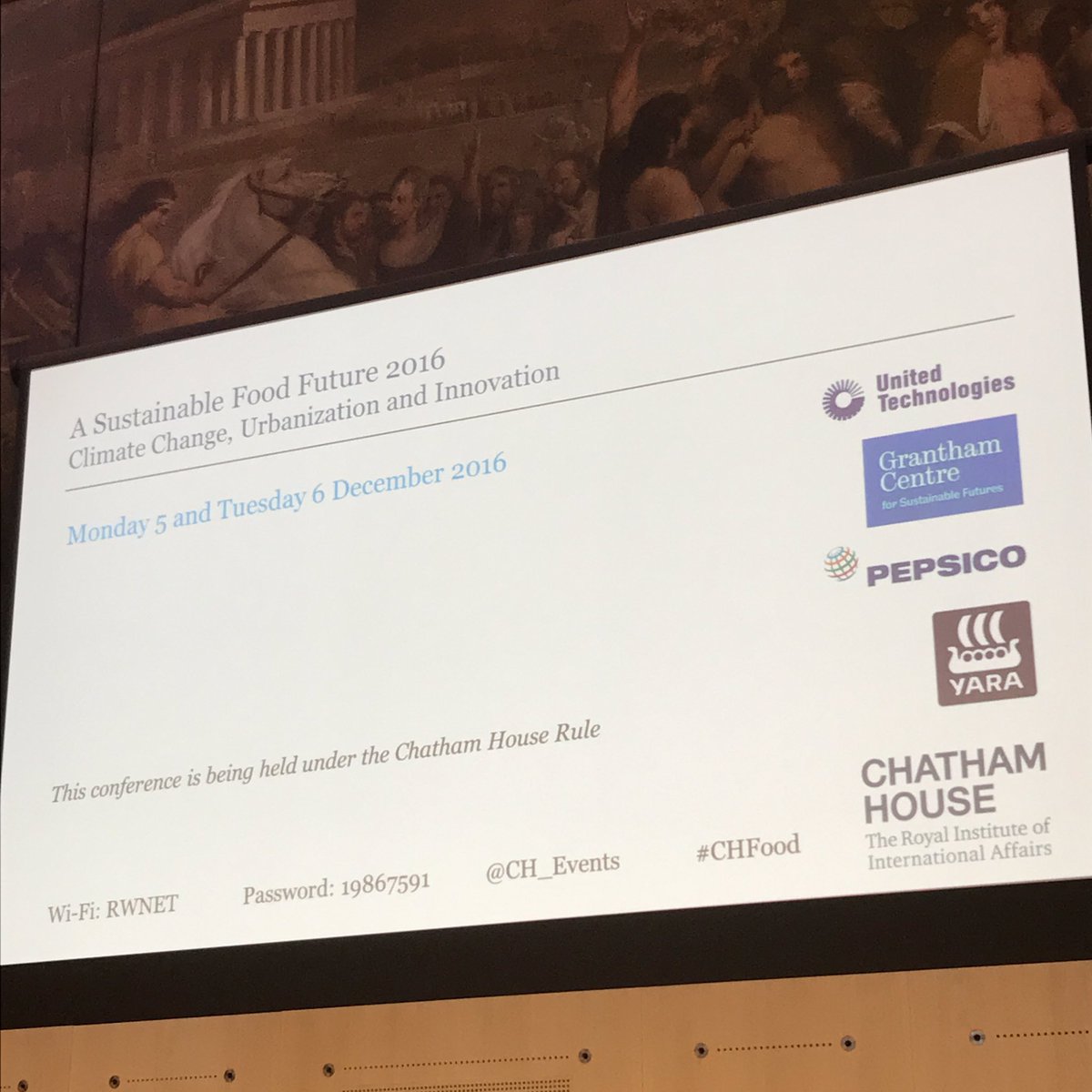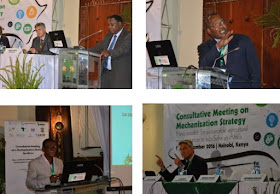The role of science, technology and innovation policies to foster the implementation of the sustainable development goals (SDGs)
Report of the Expert Group Follow-up to
Rio+20, notably the SDGs
Enrico Giovannini, Ingeborg Niestroy, Måns Nilsson, Françoise Roure, Michael Spanos
© Directorate-General for Research and Innovation, European Union, 2016. 56 pages
This report presents the conclusions of the independent expert group on the 'Follow-up to Rio+20, notably the sustainable development goals (SDGs)' that was established by the European Commission (EC) to provide advice on the role of science, technology and innovation (STI) for implementing the new global sustainable development agenda (2030 Agenda).
This report presents the conclusions of the independent expert group on the 'Follow-up to Rio+20, notably the sustainable development goals (SDGs)' that was established by the European Commission (EC) to provide advice on the role of science, technology and innovation (STI) for implementing the new global sustainable development agenda (2030 Agenda).
The group gives recommendations, both in terms of general policy orientations and concrete areas of engagement, for EU STI policy to contribute to the implementation of the 2030 Agenda in Europe and beyond, as well as for possible engagement in international initiatives concerning STI. It recommends the EU to capitalise on its Horizon 2020 research and innovation programme, which is seeking to invest more than 60% of its budget for sustainable development and is fully open to international participation.
Some statements:
Switch the focus, reorienting mindsets and behaviours towards SD, reframing the EU’s STI challenges, and refocusing from technology transfer to building innovation capacity.
Strengthen international partnerships, enhancing engagement with developing countries through existing EU instruments, engaging all stakeholders (especially business), and developing tailor-made international STI initiatives.
Walk the talk” and establish enabling systems identifying causes of implementation gaps, aligning domestic STI with SDGs, ensuring Policy Coherence for Sustainable Development, seizing benefits from the “data revolution”, and setting up monitoring, evaluation and assessments of STI4SD.


